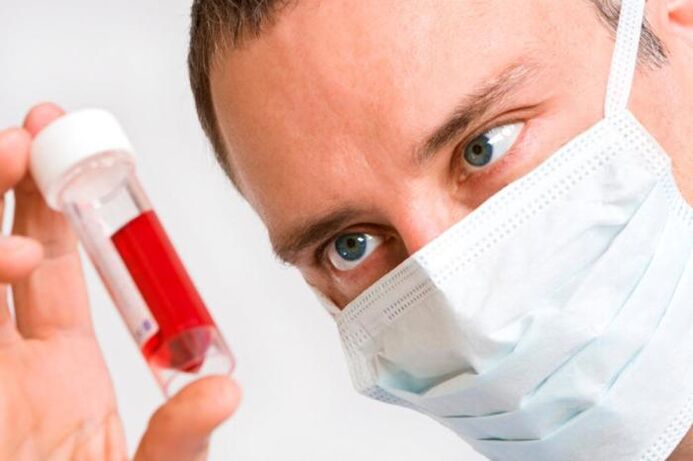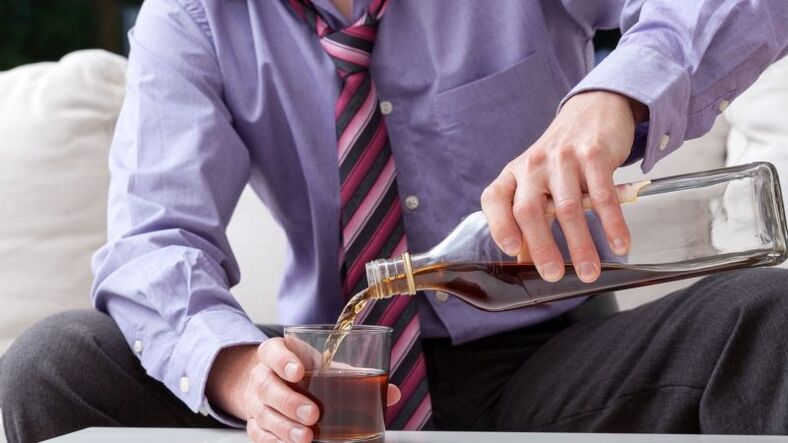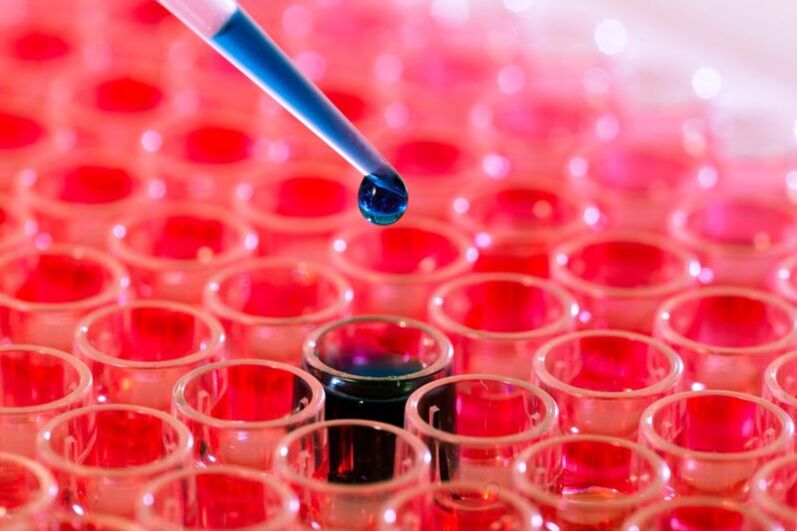
Drinkers are tempted to drink alcohol before donating blood, what food is allowed before going to the hospital?
So that the test result is not distorted and corresponds to reality, it is necessary to observe a series of rules that the doctor usually brings to the patient. One of the most important requirements on the eve of blood tests is the absence of ethanol.
How alcohol can affect
Does alcohol affect blood testing and proper preparation for the test? A blood test is one of the most important, as it allows you to assess the general state of the body and make an accurate diagnosis, therefore, proper preparation for blood collection and compliance with all the recommendations of the treating physician is a very important step that affects the outcome and should be taken seriously. The speed of the patient's recovery, the treatment methods that the doctor directly prescribes, depend on the results of the study. Therefore, to the questions about whether it is possible to donate blood after alcohol or whether it is possible to drink beer before donating blood, there must be an unequivocal answer - no. Alcohol should not be taken before donating blood.
Typically, a specialist advises the patient that blood is drawn on an empty stomach in the morning, and even coffee and tea should not be consumed. However, some patients do not always follow the recommendations and may drink beer or other alcoholic beverages before taking the tests.

How does ethyl alcohol get into the bloodstream? It causes chemical transformations and has several effects on the body:
- there is a decrease in glucose levels - an effect on blood sugar;
- uric acid content increases;
- the plasma lactate content increases;
- several other chemicals in the blood and urine also change.
Drinking alcohol can heavily skew the test results and, at best, you will have to spend some time repeating the test. Alcohol also affects urine analysis.
How exam preparation should proceed
What foods and beverages should not be taken before donating blood?

Experts strongly recommend the following points in preparation for the study. The person who will pass the test must know them:
- abstain from drinking alcoholic beverages 48 and, ideally, 72 hours before blood donation;
- if the person ingested alcohol before the analysis (even if accidentally), it is recommended to refuse the visit to the hospital and postpone it;
- there are studies in which the use of alcohol is completely prohibited (they include tests for hepatitis, HIV, diabetes mellitus, tests for calcium, magnesium, phosphorus and some hormones);
- on the day before the visit to the clinic, the use of sugar (and all foods that contain sugar) is prohibited, as well as fried, spicy and fatty foods, which can affect the test;
- you should try to avoid stressful situations - you know about their negative impact on the analysis result;
- avoid smoking 1 to 2 hours before donating blood.
Analysis of sugar and the effect of alcohol on your results
The use of ethanol-containing beverages and preparations when tested for sugar is strictly prohibited. This is especially true in diabetes mellitus. The point is, alcohol affects the liver. As a result, the breakdown products of ethanol enter the blood and urine, radically skewing the research results. The ethyl alcohol molecule actively participates in the body's metabolism and, as a result, glucose is formed. Hence the distortion of the result.
In addition to affecting the liver, ethanol can chemically react with medical instruments, resulting in the production of foreign chemicals that negatively affect research.

Ethanol can significantly reduce the amount of glucose in the blood for a period of time, as it interferes with the production of glucose in the liver. For this reason, a false suspicion of diabetes mellitus may arise.
If you don't want to waste time and money on passing the exam again, read the preparation rules carefully and completely exclude alcohol from the diet - even those with a minimal amount of ethanol, because they don't do it in the best way affect the reliability of the results. .
In some cases, a person is sent for research spontaneously, without preparation. This can happen, for example, in a workplace, when management suspects that an employee has consumed alcohol in the workplace and the employee may be referred to a health facility for a workplace injury prevention test. In such cases, a urine test for alcohol may also be performed.
In some companies, a medical examination is carried out on the employee before taking up the job. Typically, these are companies where workers are responsible for people's lives or operate equipment that can lead to serious consequences if not operated properly.
These tests do not require special training - only a sample of the biomaterial is taken. A blood alcohol content of 0. 2 ppm is considered harmful to the body and 0. 5 ppm is a lethal dose.
























